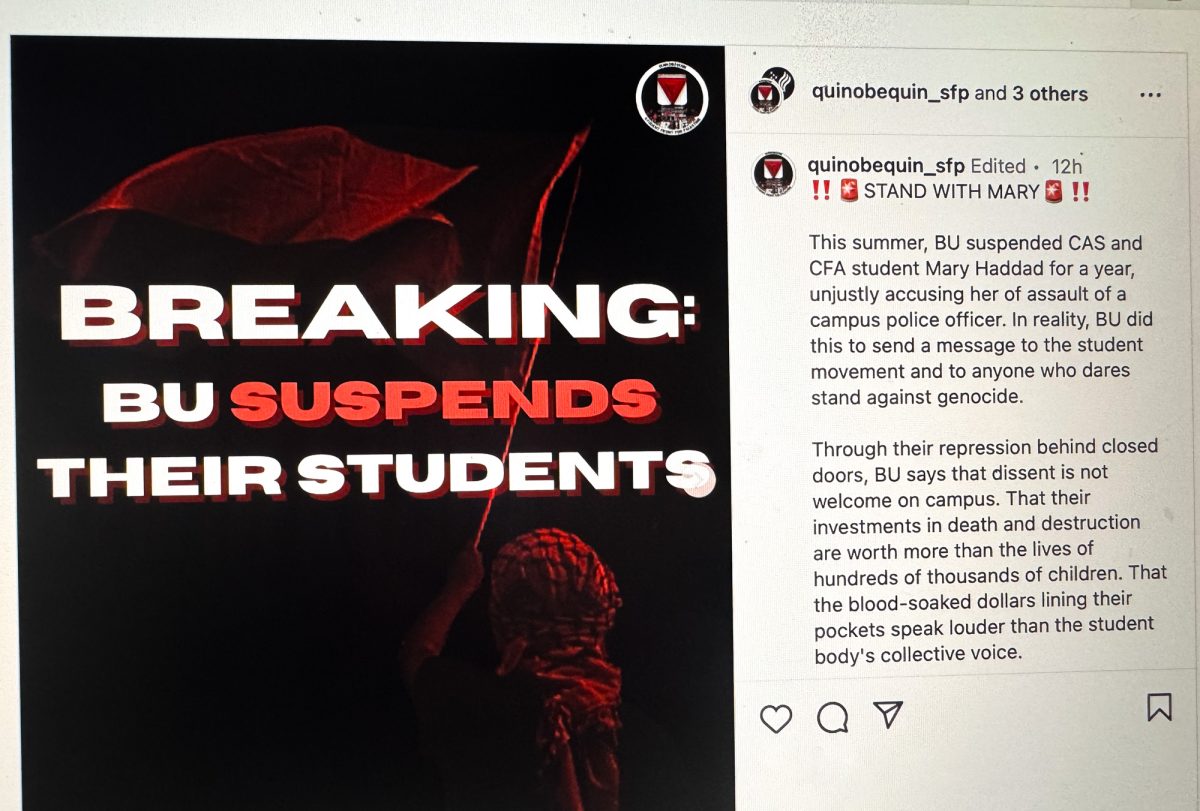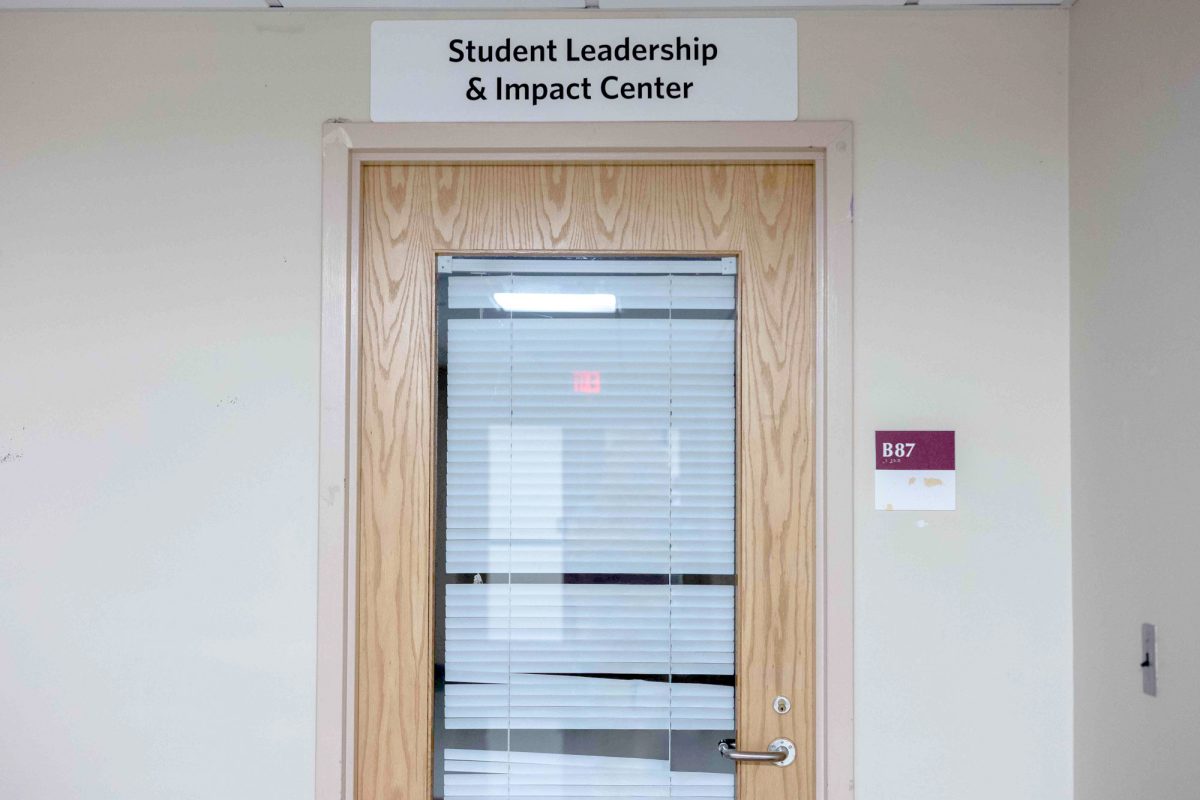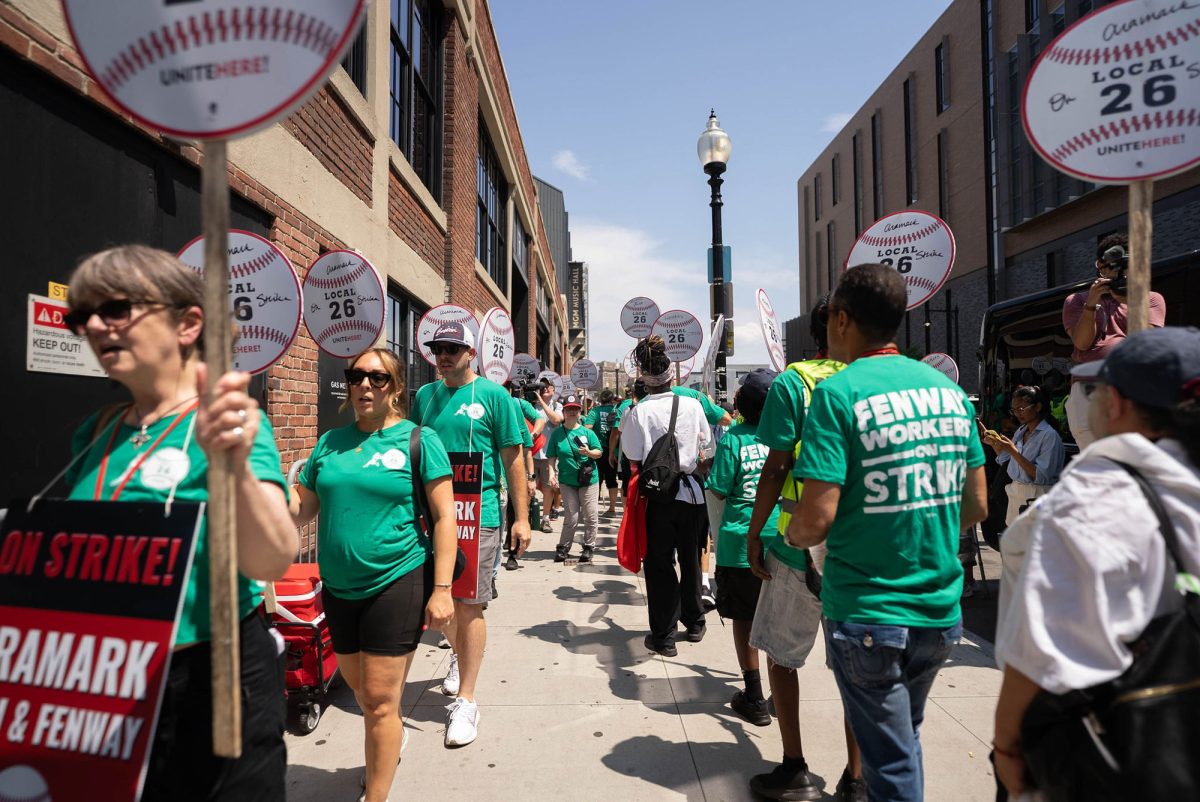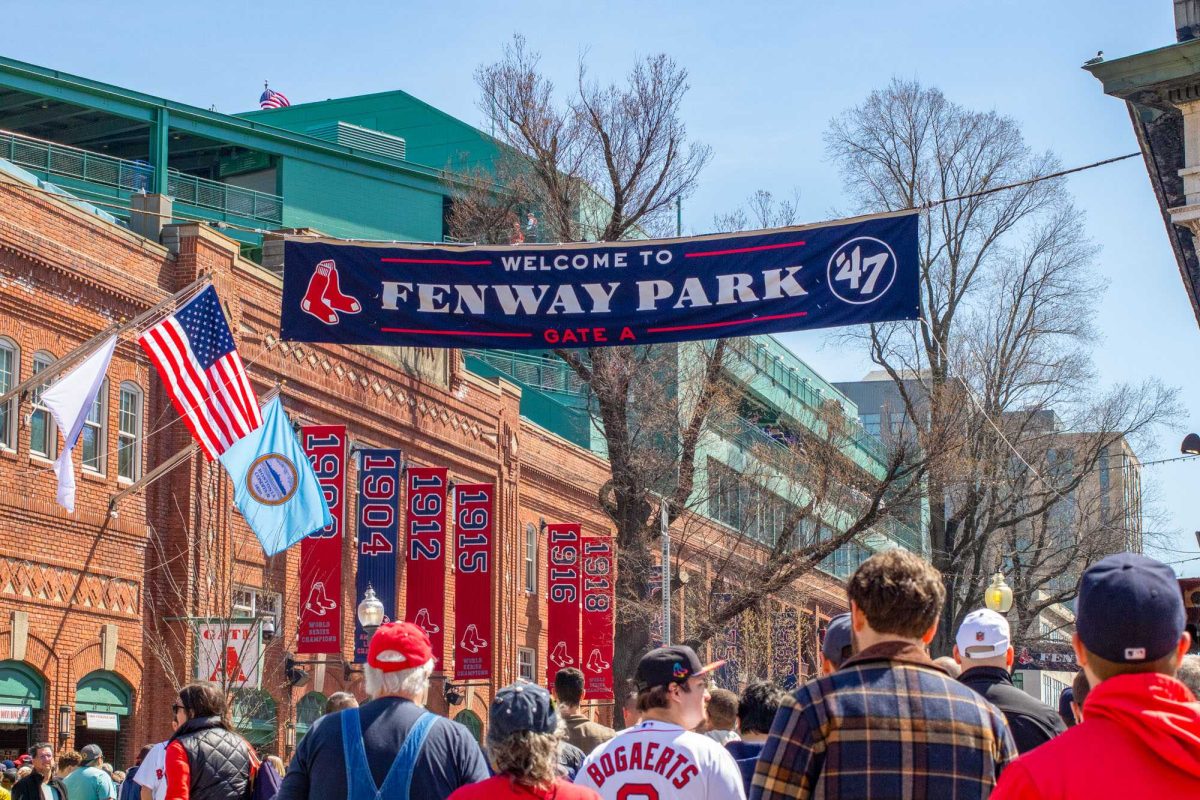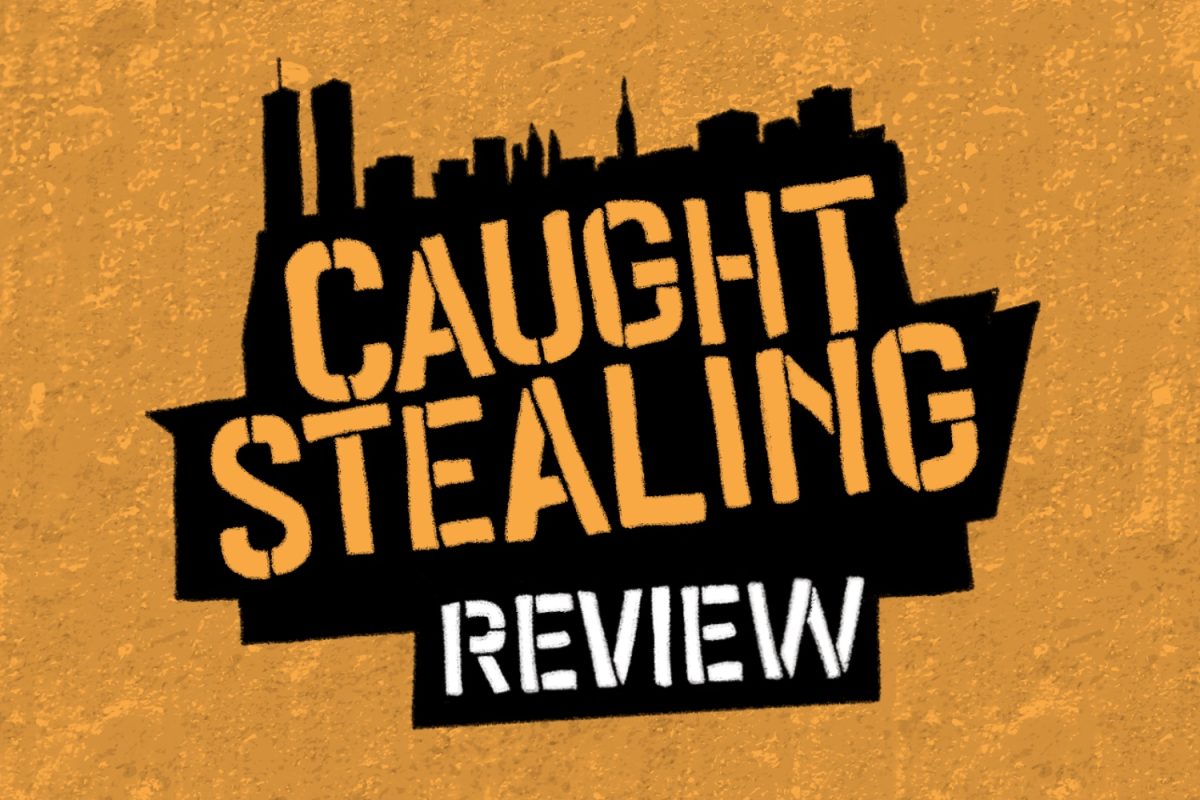Casinos are one step closer to becoming legal in Massachusetts, as officials announced the last two members of the state’s five-member panel required by law to oversee the state’s new gaming industry.
Former Massachusetts Appeals Court Justice James McHugh and the City of Springfield’s Business Development Administrator Bruce Stebbins will join the commission, according to the Commonwealth’s official press release.
Before their nominations, the board included Chairman Steve Crosby, as well as Enrique Zuniga and former New Jersey Lieutenant Colonel Gayle Cameron, according to the press release.
“The two final people were chosen for a couple of key skills and experiences,” Crosby said in a phone interview with The Daily Free Press. “Bruce Stebbins has a very deep background in municipal and regional economic development and that’s a major piece of what the gaming advantages is all about.”
McHugh, who graduated from Boston University School of Law in 1970, worked as a justice in the Superior Court before he was appointed to the Appeals Court, according to the Massachusetts Appeals Court website.
Crosby said McHugh was chosen as an official for the commission because of his years of practice with the law system.
“Jim McHugh was chosen because he has tremendous experience,” he said. “He is very familiar with a major part of the law enforcement system, which is the judicial system and the pre-imposed court process and so forth, again all of which is important to our law enforcement role.”
Last week, Massachusetts Treasurer and Receiver General Steven Grossman appointed Zuniga, according to the press release. Zuniga currently serves as the executive director of the Massachusetts Water Pollution Abatement Trust.
The administration hired a law firm and financial advisor to address a possible gaming contract with a Native American tribe in Southeastern Massachusetts.
The commission will now hire staff, set up an office, host public meetings and solicit license bids.
But the commission will also accept proposals only if they have been approved by a referendum of the host community, Crosby said.
“The public has an enormous say in two ways,” Crosby said. “One is the commission will be having a tremendous amount of outreach to everybody across Massachusetts to get their senses of how we should be doing this or where we should be doing this.”
Marlene Warner, executive director at the Massachusetts Council on Compulsive Gambling, said people that come to MCG seeking help and guidance for gambling problems have concerns about what effect the casinos will have on their gambling desires, especially for people who have overcome gambling addictions.
“People who have tried to stop – or had successfully stopped and used to make great efforts to get to a casino – certainly a number of them are concerned about casinos coming [and] being much more accessible in Massachusetts,” she said.
Warner said in the past, studies have shown there are more problems within a 50-mile radius of a casino than anywhere else. She said she expects there will be an increase of people coming to MCG with gambling problems in the beginning.
“A big piece of the gambling addiction is often within the preparation stages and thinking it through and how to get the money, allotting the time, working it into their day,” she said, “but if it’s right down the road, it would be difficult to think about how to not just jump over to the casinos.”
The commission is set to begin the process and set-ups for listening to development proposals, and Crosby said the commission will continue to supervise and oversee the management of the casinos built in the future.

